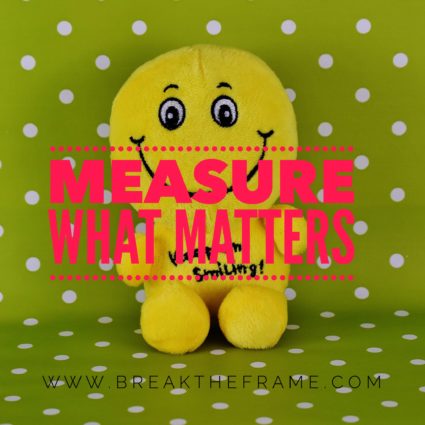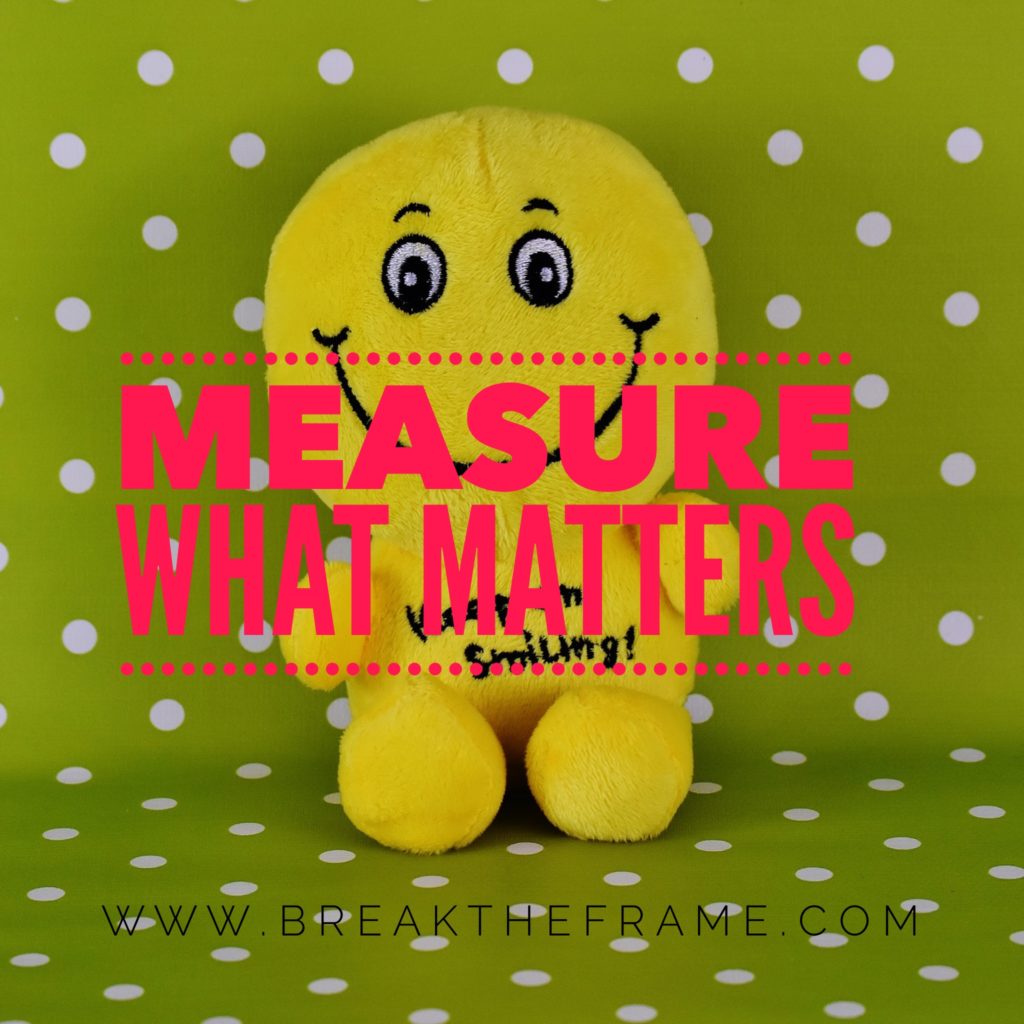A couple of years ago, our family went on vacation to Fiji. Our expectations were lots of clear blue water for swimming and many smiles. We found both of those things and more.
On several polls by Gallup, Fijians are ranked among the happiest people on earth. Clearly, happiness is not only a way of life in Fiji, but also something that they care deeply about sharing with their nearly 700,000 annual visitors. From the moment you step through customs and immigration, they have a smile index to measure success proving that you can measure what matters – even happiness.
We’d been flying and in airports for close to 20 hours when we finally landed in Fiji with a mix of emotions including extreme exhaustion and unbridled excitement. Over the past few years, our family has traveled extensively, and in most countries, immigration greets us with a weak smile (at best) and if we’re lucky, and grunt to take off our baseball caps. In Fiji, the immigration official who examined and stamped our passports greeted us with a Bula and a huge smile.
Passports back in hand, we approached the escalator to head towards baggage claim and there was an electronic smile survey.
“Were you met with a warm smile and Bula?”
The survey had five faces ranging from frowning to a huge smile. You pressed the button that most closely reflected your experience.
We all took the survey and gave a strong “yes!” with a smile of our own. We also looked at each other and talked about how wowed we were that they cared about the smile and greeting. Out of all the things that they could measure about time in line or airport cleanliness, they measured what mattered, happiness. Moreover, although the measurement was only a few steps away from the immigration agent, his felt warm and genuine – not simply forced for the sake of measurement.
You measure what you care about. Plain and simple. It doesn’t have to be complex.
How Do You Measure Success?
It’s easy to get fixated on measuring the wrong thing and believing that it’s right. It’s also easy to spend so much time looking at numbers that you forget the people behind the spreadsheets.
For example:
When I worked for an RPO, we measured the speed of placements. Definitely important. However, we did not measure our client satisfaction. Filling an open requisition was nice, but we did not get repeat business from customers that did not like their recruiter or sales team’s attitude. When they didn’t renew contracts, we would bring in numbers that “proved” we did a great job. Since they weren’t happy, there was clearly more to measure for success than time to fill, and we were falling short.
What do you measure in your organization?
Your personal brand?
Your relationships?
[Tweet “Success doesn’t require any spin.”]
You may wonder how you can measure without making it a formal or fancy survey. Here are some ideas:
Quick and Dirty Ways to Measure Success
- I want my children to read more often. Every time they pick up a book, we put a tick on our “success” sheet. They take responsibility for recording and tracking their success.
- If managers say they’re focused on the team, but the team complains they’re not, conduct a short multi-day time study. Use the results to create meaningful shifts.
- I led a call center team focused on internal customer care. Our calls ended with: “Are you happy with how I resolved your issue?” We knew how many calls were handled daily and used our simple question to uncover trends and modify our future approach.
- Employee Engagement surveys (you can create them for free using Survey Monkey).
- Smile sheets at the end of training.
- Suggestion box in the break room – if something’s broken, an anonymous suggestion box may bring the issue to light.
- Bring the team together to do a project post-mortem before moving on to the next.
- Do a Start-Stop-Continue activity at your next team meeting. Start with two questions: What’s working and what has to change?
- Define success as a team! When everyone has a shared definition of success, measurement becomes clear.
- Acknowledge that success is more than what can be found on a spreadsheet. Measure the story that numbers can’t tell.
[Tweet “Success is multi-faceted. Measure what matters.”]
Most importantly, even if your data collection methods are far from formal, it’s critical that you understand and act on the information you gather. Surveys are great, but not if they’re only to prove a point and not to improve, innovate and grow.
How do you measure success?
Like this article? You may be interested in Forget Success, Think Satisfaction



Spot on Alli. The simpler the better. When I am a customer, my favorite satisfaction surveys are one question with a space to make comments. Many companies turn their satisfaction surveys into assessments of the effectiveness of their organizational structure and policies. This comes across as non-customer focused.
For example, when I go to chain restaurants, their surveys often ask things like:
– Did the server offer you 3 choices of drinks?
– Did the server ask if you would like a slice of pie at the special bundled dinner price?
Well, the first one is asking me to give them free feedback on managing employees. The second one is asking me if the server upsold me … i.e. did we make more money off of you.
None of this says “we care about you.”
Bravo on your post. Measure what matters — to the customer!
Kate
Strongly agree, Kate! Love your examples. One of my favorite customer service feedback questions was at the end of a recent call… “Would you hire this representative to work for you?”
Thanks for adding so much to this post!
Alli
Alli,
Simplicity tells a powerful story. A good way to see where we stand and then determine what to do next.
Jon
Simplicity sure does. We like to make things complex but it’s not always useful. Even quick and dirty assessment can lead to meaningful action…
Thanks, Jon!
Alli
LOVE this post Alli… and the song that popped into my head from Rent… how do you measure a life: In daylights – in sunsets, in midnights – in cups of coffee… in inches – in miles – in laughter – in strife. Success is multi-faceted for the Startup Founder!
Big yes! Now I’m singing it too!
That’s exactly it. If there’s only one way to measure success – and progress… we’re all screwed.
Here’s to multi-faceted!
Thanks, Ande!
Excellent post Alli about a topic I struggle with all the time. I always question how my participants really feel after a workshop and wonder if my smile sheets gather enough information. At the end of each program I go around and ask each person what one thing they liked or found interesting. That discussion is far more helpful. Lots comes out.
Thanks Alli and will share!
Smile sheets are a great place to start. I also love that you collect anecdotal feedback. Sometimes it’s the stories, ahas and things that they’d never take the time to write on a formal form that are the most telling.
Thanks so much, Terri!
I’ve always wanted to visit Fiji, and now I want to go even more! Great pointers about how to gather data in a meaningful way. I struggle with how to do that with my readers…your article has given me some pointers!
Go! Visit! My children cried when we left and are hoping we’ll return.
Also, I agree. It can be tough to get meaningful feedback from readers. Hope you get what you need.
Thanks, LaRae!
Paraphrasing a quote some attribute to Einstein: “Not everything that can be measured should be measured; and likewise, some things that can’t be measured should be measured.” We must rid ourselves of the notion that ‘hard evidence’ means numbers! In your Figi example, I suppose we could count the number of people smiling and the number not smiling… Then we could publish a list of percentage smiling at each location. But what does that acccomplish:
~ What does five percentage points higher mean or what does double the percentage mean, really?
~ You have to expect that IF such a list were published, there would be directives to smile – with employment depending upon it.
~ This counting and listing is not needed! Measure the happiness with your eyes and desire to engage there; no other counting is needed.
John,
It’s fascinating that you brought up that quote from Einstein. This week, Kate Nasser published a post about how to get over “Why Bother” beliefs and asked a few people for their favorite quotes. Guess what I shared was mine? If you’re interested, here it is: http://katenasser.com/lead-ourselves-conquer-hopeless-beliefs-success/
Hard evidence isn’t the only thing that matters…
Thanks so much for sharing your insight, John!
Alli
Thanks for the link! While there, I finally subscribed to her blog, something I’ve been meaning to do since seeing her comments on your blog.
First off, I totally need a vacation to Fiji!
In all seriousness though – some individuals/companies or cultures choose what their important factors are.
And while success to major corporations focuses on profit, happiness might be a better theme to examine.
I need another vacation to Fiji. Dreaming of the day…
Yes, companies definitely choose their important factors. I’ve seen few focus on much beyond financials. In the last org I worked for I felt as if employee satisfaction, growth, happiness and career development were low on the list and ultimately it was a wake-up call to me. All my time was spent measuring performance, yet the culture and my view of what mattered didn’t intersect clearly enough. Financials and the bottom line absolutely matter a lot but there are other factors in play that make that number grow or decline.
Thanks, Sam!
Alli
OK, Alli, as always fantastic thoughts and ideas. But I have to admit, your Fiji example had me daydreaming of the water and the gorgeous pics. I’ve only flown over the island on my way to Australia and have never had the opportunity to visit.
One of our favorite vacations we’ve ever taken, Skip. We went to two very different parts of Fiji and dream of the day we’ll return. Hope you get to stop there one day and not only do a fly over!
Best,
Alli
Excellent post, Alli. Really appreciated the Fiji story. Such a simple but elegant example of tracking the value of human connection. Great examples. I find that many organizations overcomplicate. They measure so many things that no one knows where to focus their energy. It becomes noise. Focus on the critical few. Thanks for the great reminder!
Thanks, Scott. For about a year I was leading a team responsible for analytics and we struggled. There were countless metrics we could measure and every time we brought them to senior leadership a few more were added to the pile. One of our biggest challenges at that point was how to use the data. We had so much available, yet finding a story in there that not only showed success but also married the values of the org was tough. Focusing in on a few can oftentimes be more compelling than measuring everything under the sun.
Alli